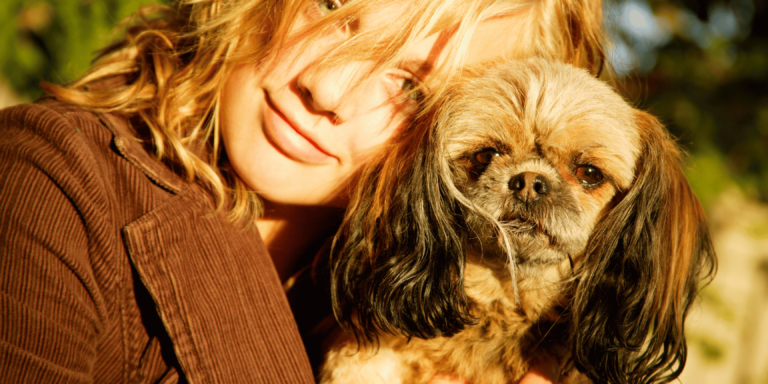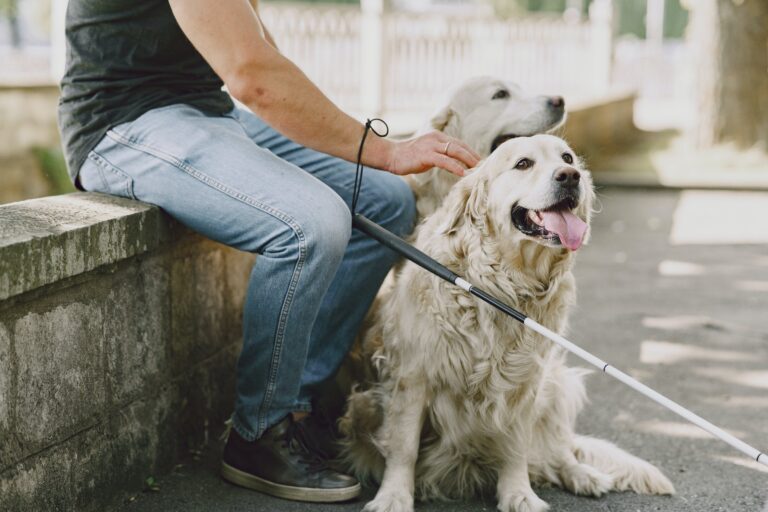Have you ever wondered if dogs really howl at the moon? Last night, from Monday to Tuesday, Berlin witnessed a rare celestial event: the "Blue Supermoon." This captivating sight occurs when a full moon appears four times in a season instead of the usual three. What makes this "Blue Moon" special is that it also coincides with a Supermoon, meaning it is particularly close to Earth and appears brighter and larger than usual. While we enjoy this visual spectacle, the question arises: is there any truth to the myth that dogs howl at the moon? And how does this relate to this extraordinary celestial event?
The Myth of the Howling Dog and Its Origins
The idea that dogs howl at the moon is deeply rooted in folklore and is often associated with wolves. Wolves, the distant relatives of our domestic dogs, do indeed howl frequently at night, and the image of a wolf howling at the moon has become ingrained in our collective imagination. But do dogs really howl at the moon?

The myth likely dates back to when people were trying to understand the connection between animal behavior and the phases of the moon. In many cultures, the moon was believed to have mystical powers, and it was thought that it could influence the behavior of animals, including dogs. The notion that dogs howl more during a full moon might also stem from the fact that full moon nights are particularly bright, which could make dogs more active or alert.
The Science Behind the Behavior
So, what does science have to say about this? In reality, there is no solid evidence that dogs specifically react to the moon, let alone howl at it. Dogs howl for various reasons—they might be anxious, lonely, or responding to stimuli in their environment. Howling is a form of communication inherited from their ancestors, the wolves.
Some studies suggest that animals, including dogs, might be sensitive to the lunar cycle, especially concerning sleep patterns and activity. However, these responses are generally subtle and vary greatly from one animal to another. There is no evidence to suggest that the moon directly triggers howling behavior in dogs.
What Does It Mean When Dogs Howl?
Dogs howl for a range of reasons tied to their natural instincts and communication needs. According to scientists, howling is a form of communication that dogs inherited from their wolf ancestors. It can signify:
Dogs use howling to communicate with other dogs, especially over long distances.
Dogs may howl to get their owner’s attention, particularly when they feel lonely or are seeking affection.
Certain sounds, like sirens or music, can trigger howling, as dogs often react to high-pitched, prolonged noises.
When dogs are anxious or stressed, they may also howl to express their emotions.

The Blue Supermoon and Your Dog
The current Blue Supermoon is indeed a rare and remarkable event. While many people are fascinated by its brightness and size, your dog is unlikely to notice it. Dogs have a different visual system than humans, so the moon does not appear significantly brighter or larger to them. Therefore, it’s unlikely that this Blue Supermoon will noticeably affect your dog's behavior.
If your dog seems more active or howls more during this brighter night, it’s probably due to other factors, such as the general brightness or unusual sounds caused by the altered light. It’s always a good idea to keep an eye on your dog’s environment and ensure they are comfortable.
Conclusion
The myth that dogs howl at the moon is deeply ingrained in our culture, but scientifically, there is no definitive evidence to support it. The Blue Supermoon that shone over Berlin from Monday to Tuesday is a fascinating astronomical event that highlights the beauty of the night sky. However, for your dog, it’s likely just another night—unless you decide to use the bright moonlight for a special nighttime walk with your four-legged friend.









